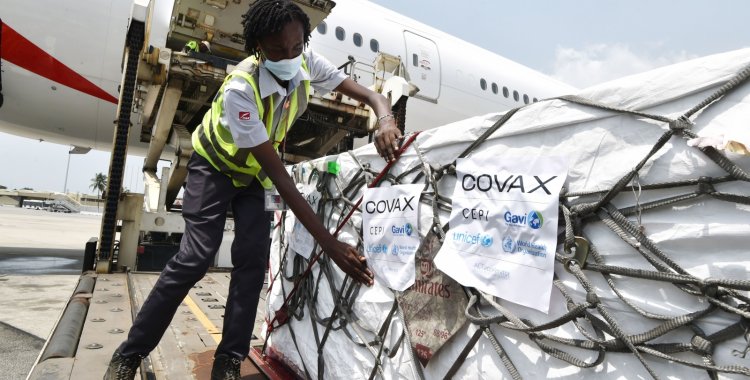Countries had access to vaccines through the Covax mechanism, bilateral agreements and donations. In all, 38 African countries received more than 25 million doses of vaccines against covid-19 and 30 started vaccination campaigns, says a statement from the World Health Organization (WHO) sent to VerAngola.
Through the Covax mechanism - which is co-led by the Coalition for Epidemic Preparedness Innovations (CEPI), Gavi, the Alliance for Vaccines and the World Health Organization, in partnership with Unicef - have so far been More than 16 million doses of vaccines were sent to 27 countries.
"Although Africa received vaccines late and in limited quantities, great progress has already been made in a short period of time. This is due to the continent's great experience in mass vaccination campaigns and the determination of its leaders and populations to effectively control covid-19, "said Matshidiso Moeti, WHO regional director for Africa.
"Compared to countries in other regions that had much earlier access to vaccines, the initial phase of availability in some African countries covered a much larger number of people," added the official.
Just two weeks after receiving Covax-funded vaccines from AstraZeneca, Ghana administered more than 420,000 doses and covered more than 60 percent of the population targeted in the first phase in the Greater Accra region - the most battered by the pandemic. In the first nine days, it is estimated that the country will have administered doses to about 90 percent of health professionals.
In Morocco, more than 5.6 million vaccines have been administered in the past seven weeks, and in Angola, vaccines have reached more than 49,000 people, including more than 28,000 health professionals in the last week.
To ensure the greatest possible impact, initial doses of vaccines are being limited to priority population groups, including healthcare professionals, the elderly and people with health problems who are at a higher risk of severe covid-19. Although the availability of vaccines is advancing at a good pace, there is an urgent need for more doses, as Ghana, Rwanda and other countries are on the verge of running out of the vaccines they have.
"Countries are vaccinating at an impressive rate, but we must ensure that this pace does not slow down at a snail's pace," said the director, adding that "additional reserves are urgently needed to reduce the number of people to be vaccinated".
Some countries in Africa have suspended or postponed the use of the AstraZeneca vaccine, after the suspension of it by some European countries. This precautionary measure is based on reports of rare blood clotting disorders in people who received the vaccine. The suspension concerns a specific batch of the AstraZeneca vaccine that has not been distributed in Africa, the statement explains.
The WHO Global Vaccine Safety Advisory Committee is evaluating Oxford-AstraZeneca vaccine notifications to fully understand the situation and communicate its findings, they say.
However, they state that, based on what is currently known, the WHO considers that the benefits of the AstraZeneca vaccine outweigh the risks, and therefore recommends that vaccination be continued.
WHO met at a virtual press conference, attended by Sílvia Lutucuta, Minister of Health.







